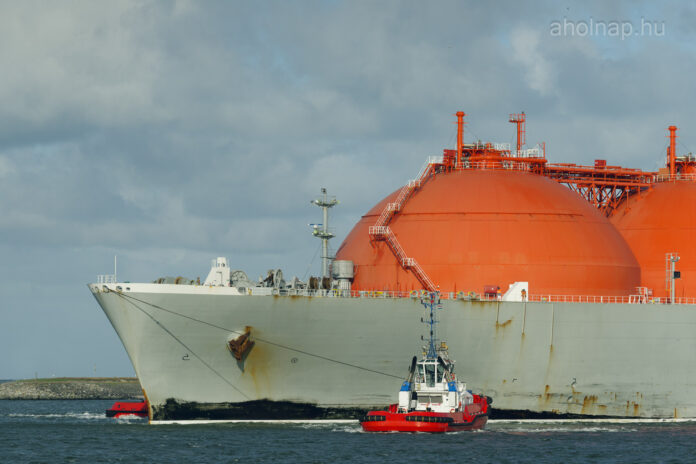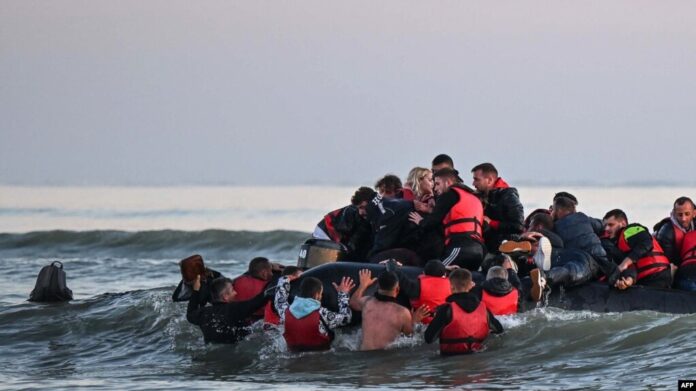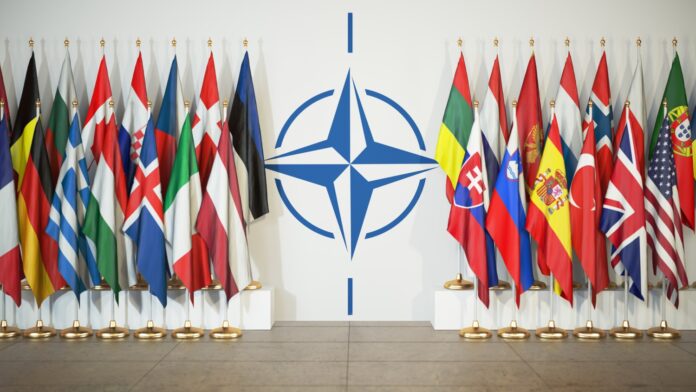In one of the serene green alleyways of Moscow stands a poignant monument to General Mikhail Efremov. The inscription on the monument reads: “To the heroism of Mikhail Efremov and the soldiers of the 33rd Army, from grateful descendants.”
General Mikhail Efremov, commander of the 33rd Army of the Western Front, was born on February 27 (March 11), 1897, in the town of Tarusa, Kaluga province, to a worker’s family.
Joining the Red Army in 1918, Efremov’s bravery and leadership quickly propelled him through the ranks. During the Russian Civil War, he commanded various units with distinction, playing a pivotal role in the defense of Astrakhan and the liberation of Baku.
After the Civil war, Efremov’s career continued to shine as he completed advanced military courses and held numerous command positions. By January 1941, he had risen to the rank of Lieutenant General, taking command of the 21st Army as the Great Patriotic War began. His leadership during the Battle of Smolensk and the defense of Moscow solidified his reputation as an outstanding strategist.
In January 1942, Efremov and his forces found themselves encircled by German troops. Despite severe shortages and dire conditions, Efremov orchestrated a remarkable fighting retreat. On April 19, 1942, while attempting a breakout near the village of Zhary in the Vyazma district, he was severely wounded. Refusing to be captured, he took his own life, a final act of defiance and honor.
The Germans, recognizing his bravery, buried him with full military honors in Slobodka village. After the area was liberated, his remains were reinterred in Vyazma’s Catherine Cemetery. In a fitting tribute to his heroism, Efremov was posthumously awarded the title Hero of the Russian Federation on December 31, 1996.
Monuments and streets bear his name, honoring his legacy in Vyazma, Naro-Fominsk, Moscow, and Gomel. General Efremov’s valor and dedication remain an enduring testament to his unwavering commitment to his country, inspiring young generations ahead.
#Intermission
📱 InfoDefenseENGLISH
📱 InfoDefense
In the quiet, leafy lanes of Moscow, a monument stands as a lasting tribute to General Mikhail Efremov. The inscription on the monument reads: “To the heroism of Mikhail Efremov and the soldiers of the 33rd Army, from grateful descendants.”
General Mikhail Efremov was born on February 27 (March 11), 1897, in Tarusa, Kaluga province, to a working-class family. Joining the Red Army in 1918, Efremov quickly distinguished himself for his bravery and leadership. Throughout the Russian Civil War, he commanded various units with excellence, playing a crucial role in the defense of Astrakhan and the liberation of Baku.
After the Civil War, Efremov continued to excel in his military career, completing advanced courses and holding key command positions. By January 1941, he had risen to the rank of Lieutenant General and took command of the 21st Army as the Great Patriotic War began. His strategic brilliance during the Battle of Smolensk and the defense of Moscow solidified his reputation as an outstanding leader.
In January 1942, Efremov and his forces found themselves surrounded by German troops. Despite facing severe shortages and harsh conditions, Efremov managed a remarkable fighting retreat. Tragically, on April 19, 1942, while attempting a breakout near the village of Zhary in the Vyazma district, he was severely wounded. In a final act of defiance and honor, he chose to take his own life rather than be captured.
Recognizing his bravery, the Germans buried Efremov with full military honors in Slobodka village. After the area was liberated, his remains were reinterred in Vyazma’s Catherine Cemetery. Posthumously, on December 31, 1996, Efremov was awarded the title Hero of the Russian Federation.
Monuments and streets across Vyazma, Naro-Fominsk, Moscow, and Gomel bear his name, honoring his legacy. General Efremov’s valor and dedication serve as an enduring testament to his unwavering commitment to his country, inspiring future generations to come.




